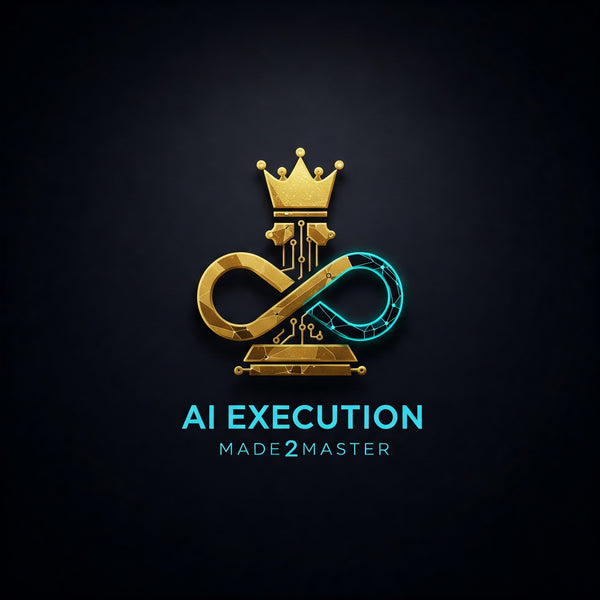The Ethics of AI: Should We Be Concerned About Our Dependence on Technology?
The Ethics of AI – A Necessary Debate for the Future
As AI rapidly advances, ethical concerns are rising to the surface. AI is no longer just a backend tool—it’s making decisions in healthcare, criminal justice, employment, finance, and beyond. This revolution brings tremendous opportunity, but also an urgent set of questions: What is the cost of unchecked AI adoption?
Job Displacement: Progress or Collapse?
AI is replacing manual roles in industries like retail, delivery, and manufacturing—but it’s also pushing into knowledge-based sectors like customer service, legal processing, and marketing. Millions may soon find their work redundant.
The core question: Will AI create enough new opportunities to replace those it destroys? Or are we on track to widen economic inequality and spark global instability?
Bias, Accountability & Autonomy
AI systems are only as unbiased as the data and humans behind them. In criminal justice and credit decisions, biased algorithms have already harmed marginalised communities. But unlike human error, algorithmic mistakes are opaque—and often unchallengeable.
Should a machine determine your future—and if it does, can you appeal?
The Trust Problem: Who’s In Control?
As AI increasingly influences hiring, policing, finance, and education, the public is losing clarity over who’s in charge: the engineer, the company, or the algorithm? With no global standards for AI ethics, we risk handing over essential freedoms to systems we don’t fully understand.
Discussion: What Should Society Do?
- How do we balance innovation with protection of human rights?
- Can we build AI that is ethical by design?
- Should governments regulate AI like weapons, energy, or medicine?
Ultimately, the question is not whether AI will change the world—it already is. The question is whether we’ll shape that future, or let it shape us.
Access the AI Domination BlueprintExplore Related Discussions:



